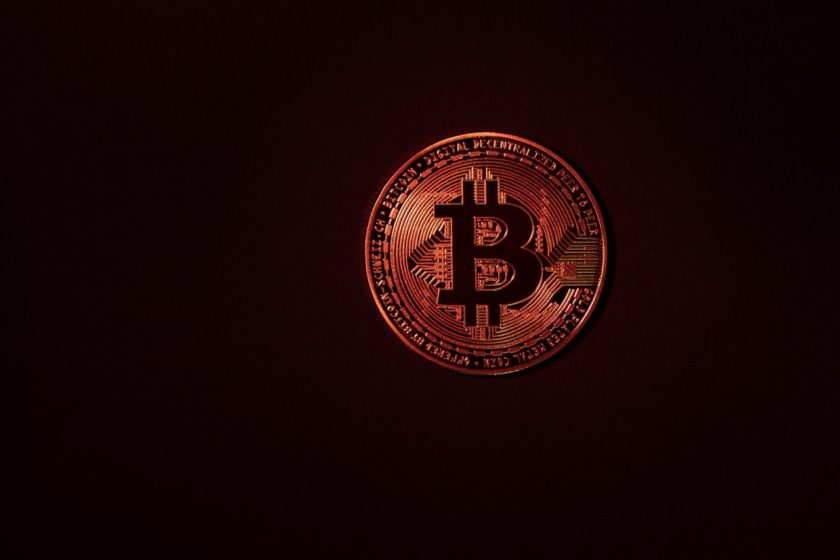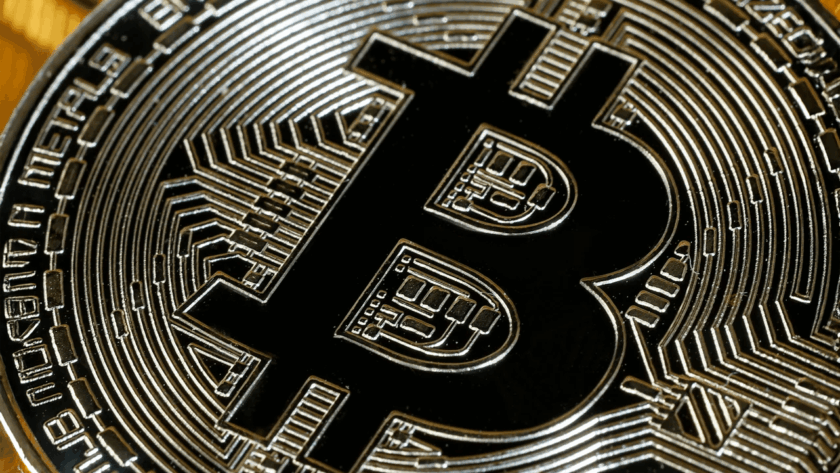Bitcoin Cash, the “big block” project that forked away from the Bitcoin blockchain in August 2017, “hard forked” (split) into two different coins last week: “Bitcoin Cash ABC” (BCHABC) and “Bitcoin Cash SV” (BCHSV).
One week later, the Bitcoin Cash ABC chain has accumulated more proof of work and has been “ahead” of the Bitcoin Cash SV chain practically since the split. Its native currency, BCHABC, is also trading higher on exchanges. Most Bitcoin Cash ABC proponents, therefore, feel victorious — but not all Bitcoin Cash SV proponents consider the battle to be over just yet.
Here are the main takeaways and latest developments following the Bitcoin Cash split.
Endurance Attack
While some expected a “hash war” to break out between the two chains (not least because nChain CEO and Bitcoin SV frontman Craig Steven Wright announced it would), there was no sign of any attacks in the first week after the split. One hint that the Bitcoin Cash SV chain suffered a reorg attack (where a valid chain is replaced with an alternative valid chain) turned out to be a false alarm — and it was mostly the Bitcoin Cash ABC chain that was threatened with attacks in the first place.
Instead, the “hash war” seems to have turned into what Wright and others call an “endurance attack” or “persistence hunting.” The idea is that while Bitcoin Cash ABC has been able to defend its chain against attacks with hash power, this has been at great cost and cannot last forever. If and when more miners leave the network, the 51-percent attack(s) will take place.
Indeed, this looming threat continues to attract an unusual amount of hash power to the Bitcoin Cash ABC chain. Where miners often mine whichever coin is most profitable, more hash power has been securing Bitcoin Cash ABC than the value of its block reward would warrant. By estimation, the endurance war has already cost both camps millions of dollars. (The Bitcoin Cash SV chain also attracted an unusual amount of hash power but has not received similar threats.)
Perhaps the Bitcoin Cash ABC camp also wishes to stay ahead in this “hash power race” for other reasons. They might believe it gives them a stronger claim to the “Bitcoin Cash” brand, for example. There’s no technical reason to stay ahead, however. At this point, the two blockchains are completely separate; even if the Bitcoin Cash SV chain were to overtake the Bitcoin Cash ABC chain, both would continue to function normally.
Checkpoint
In an attempt to thwart certain types of 51-percent attacks, the Bitcoin Cash ABC development team implemented a new checkpointing system. On top of an initial checkpoint where the new Bitcoin Cash ABC chain started, the latest release of the Bitcoin Cash ABC software client does not allow for blockchain reorgs deeper than 10 blocks. What this effectively means is that once a transaction has 10 confirmations, the software considers it final. Even if a longer and otherwise valid chain appears, these Bitcoin Cash ABC clients will reject it if more than 10 blocks need to be replaced.
This change is controversial — most importantly because it opens Bitcoin Cash ABC to new attack vectors. While malicious miners could previously only reorg the chain, now they can split it by releasing a long alternative chain at the right moment. If not all Bitcoin Cash ABC users upgrade to accept the new checkpoint rule, the malicious miner can even release a longer alternative chain at any time. Without some level of coordination between users, this could result in two separate currencies, say “Bitcoin Cash ABC Classic” and “Bitcoin Cash ABC Checkpoint” (but this seems like a fairly unlikely scenario).
Furthermore, the new protocol rule was implemented and released without coordination across different Bitcoin Cash ABC development projects, like Bitcoin Unlimited. Not only does this imply centralized governance of the Bitcoin Cash ABC protocol by the Bitcoin Cash ABC development team, but it also makes the aforementioned risks significantly bigger.
Calvin Ayre’s Involvement
Over the weeks and months before the split, most of the more prominent Bitcoin Cash proponents had sided with the Bitcoin Cash ABC faction — though begrudgingly, in some cases. Perhaps the most notable exception to this rule is online gambling tycoon and Coingeek owner Calvin Ayre. Over the past week, Ayre has claimed a bigger spotlight.
For one, he openly threatened some of the most prominent proponents of Bitcoin Cash ABC with lawsuits. The gambling tycoon claims that Bitmain cofounder Jihan Wu, Bitcoin Cash ABC lead developer Amaury Séchet, bitcoin.com CEO Roger Ver and Kraken CEO Jesse Powell colluded in market manipulation, and he says he has documents to prove it. It’s not exactly clear what these documents might reveal.
Second, Ayre proposed what can be considered a peace offering, endorsed by Wright. If the Bitcoin Cash ABC side of the split implements replay protection, ensuring that users can’t accidentally spend coins on the chain they didn’t mean to, he will leave the coin be. It currently does not seem likely that Bitcoin Cash ABC will implement replay protection, however. Even if it does, it may instead split the Bitcoin Cash ABC chain once again if not all users upgrade.
As such, there is no sign that the looming threats of 51-percent attacks will disappear anytime soon.
Settling In
Despite the hostility and relative chaos, both BCHABC and BCHSV are establishing themselves as standalone cryptocurrencies. This includes the adoption of distinct names and ticker symbols, though these still vary between exchanges and other users. Most of the existing Bitcoin Cash infrastructure has adopted Bitcoin Cash ABC as the new “Bitcoin Cash.” But infrastructure for Bitcoin Cash SV is coming online as well, such as a block explorer. In the meantime, Bitcoin Cash SV has also mined several blocks that exceed 32 megabytes, setting it apart from Bitcoin Cash ABC (though not without issues).
Price action has not been favorable for either coin, however. While it’s hard to tell for sure (and there are often multiple coinciding reasons), the threat of a hash war appeared to have triggered a large selloff of the BCH markets — seemingly taking the broader cryptocurrency markets down in its fall.
This selloff continued throughout the week. Where BCH was trading around $600 one week before the split, BCHABC ($195) and BCHSV ($45) are trading at a combined $240, at the time of writing. This constitutes a drop of about 60 percent. Still, BCHABC maintains the fourth spot on coin-ranking websites, previously held by BCH. BCHSV has not been fully integrated into such charts yet, but at current rates (at the time of writing) it is poised to take 13th spot.




